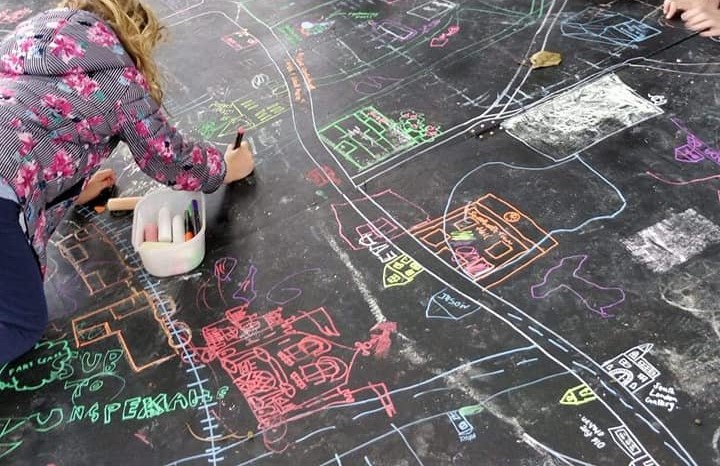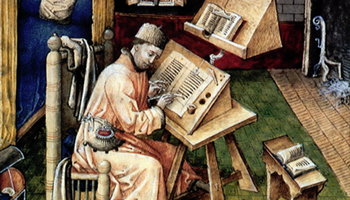
The MRes (Master of Research) in Historical Research equips students with a range of specialist and transferable research skills.
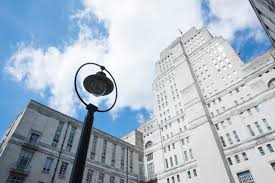
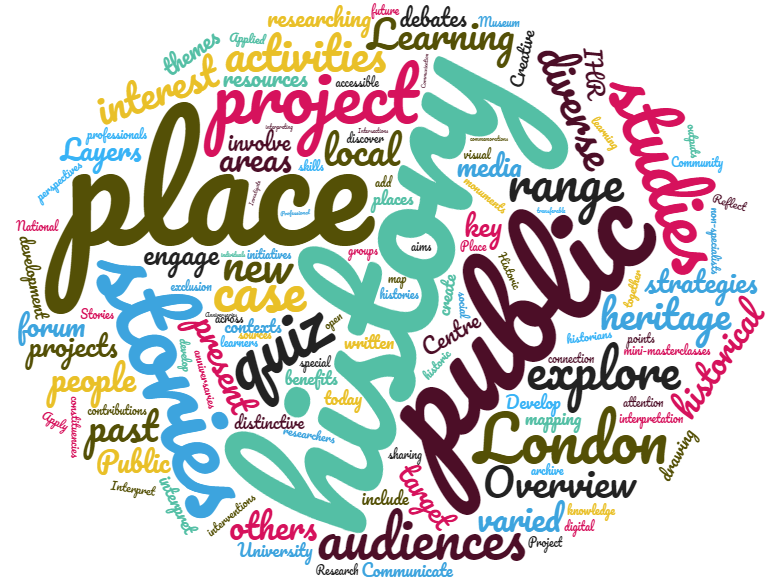

How do we do history (in its broadest sense) in collaborative, connected and impactful ways? This module builds professional skills for the Humanities, with a particular focus on making connections: from addressing varied audiences and communicating across varied media and contexts, to partnership working and forging links across sectors, to planning and delivering research impact. Other topics will include how to connect research with policy and policy-makers, identifying funding streams, and developing proposals, pitches and grant applications.
Assessed through a portfolio of mini assignments, the module will give students the opportunity to create varied kinds of content and respond to ‘real-world’ briefs, with a particular attention to their own area of research or professional practice. Indicative mini assignments, from which students will select options, include writing a book proposal, press release, media (e.g. documentary) pitch, funding bid, opinion piece (using the History & Policy format), book review, poster and short creative output (written or in another medium). Module teaching will include contributions from experts with experience in areas such as publishing, broadcast media, policy, funding and more. Throughout the module, students will have the opportunity to tailor skills and assignments to their own subject-specific interests.
By the end of the module, students will have built a toolkit and portfolio to inform and underpin their future professional work. The module will also facilitate discussion of more theoretical and conceptual questions around where, and how, historical (and broader Humanities) research operates in partnership with other sectors and meets the public sphere, including lively current debates around the ‘value’ of the Humanities and the risks – as well as opportunities – of working between disciplines and practices.

